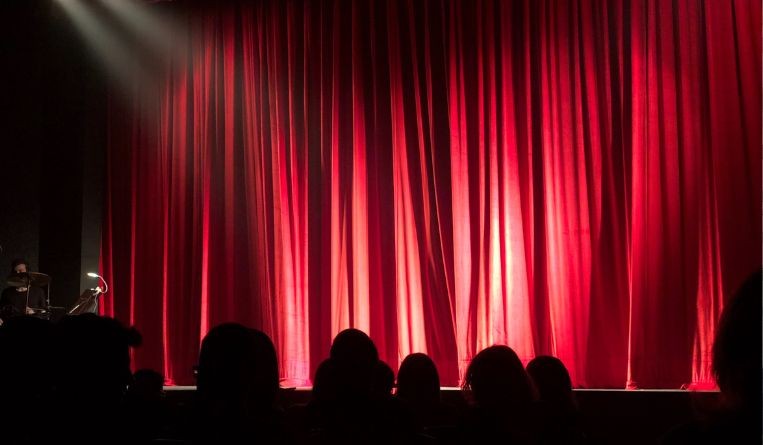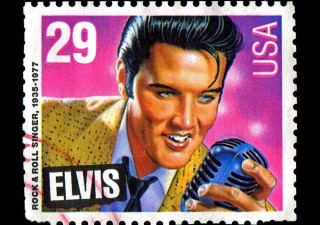Different jurisdictions have different legislation frameworks regarding publicity rights. In the United States, for example, although there is no federal statute or case law that recognizes the right of publicity, more than half the states do recognize the right of publicity by statute or common law. Some states recognize celebrity rights only, but many states recognize that the right of publicity is enjoyed by everyone instead of being exclusive to celebrities only. Some states also recognize that the right survives posthumously, for durations ranging from 10 to 100 years. For some states, the right of publicity is inheritable or assignable as well.
However, not every jurisdiction has direct protection of publicity rights, as explained by Linda Zhao, a partner at GoldenGate Lawyers in Beijing. She said: “In China publicity right is not a certain statutory right in any enacted laws or judicial precedent. However, this does not mean there is no protection of publicity right in China. In fact, you will find that different aspects of publicity rights are primarily covered in separate clauses under Civil Code, including individual’s name such as alias, stage name, short name, pen name, image, likeness and sound. Other laws may involve publicity right as well, such as trademark law, which prohibits bad faith registration of celebrities’ names. For example, Michael Jordan successfully enforced his name being registered and used as a trademark.”
The use of celebrities’ image and likeness is not always necessary to be authorized because under certain circumstance, for the interest of the public at large, fair use may be allowed under China’s civil code, while, in most commercial activities, a license agreement is needed, she says. “It is important that all the key points including licensing content, period, way of being used etc. need to be as specific as possible. If it appears that anything is unclear or controversial afterwards, it will most likely be interpreted in favour of the right owner.”
From the right owner’s side, Zhao recommended that they should keep monitoring unauthorized use and take timely actions, to maintain the value of their publicity right in the Chinese market.








